-
Why so many orphans in children’s literature?
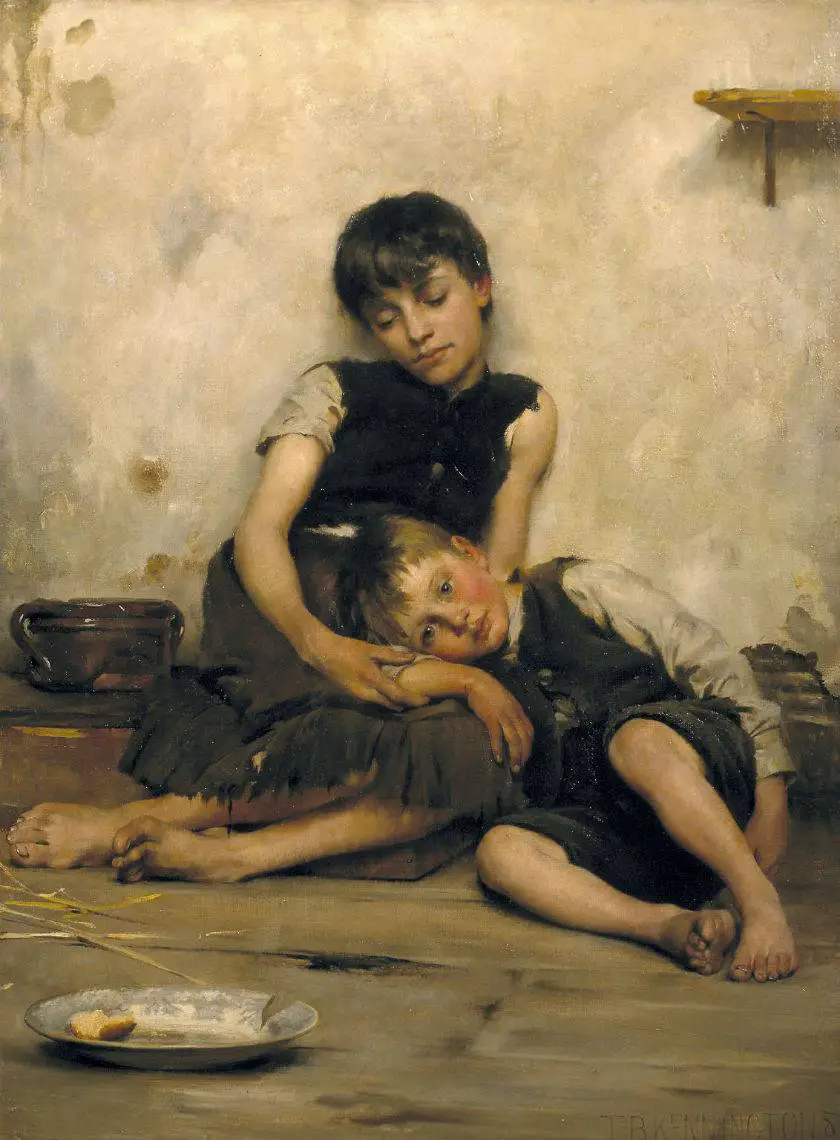
Orphans in modern literature evolved from orphans of folk and fairytales. There are many orphans in American and British children’s literature, but also in literature from around the world. Some communities have always been set up with strong social networks. Even if parents die, there are no true orphans because the extended family will care for them. […]
-
The Importance of Picture book Endpapers and Other Peritext
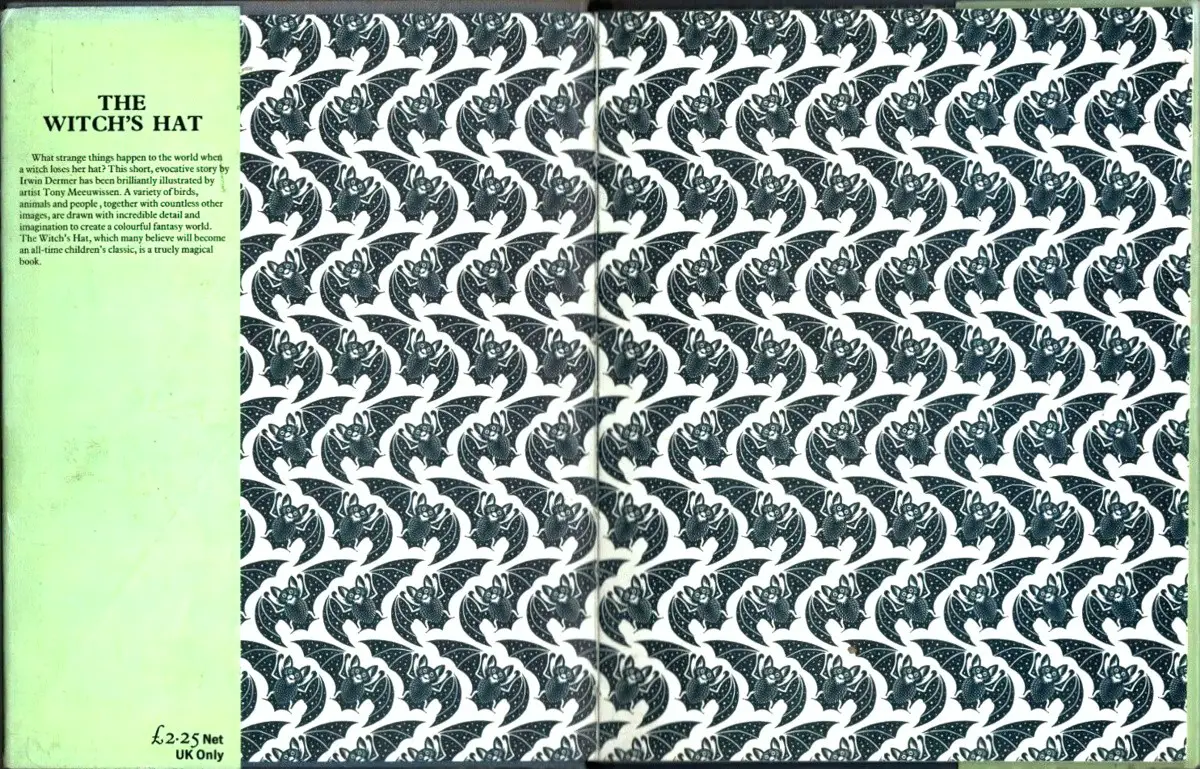
Peritext is especially important in picture books, and refers to the physical features and design elements that surround the story. When readers take note of this information, their experience of the story will be enhanced, or possibly change. Peritext includes information on: Part of me thinks that a reader’s preference for a physical book isn’t […]
-
A Storybook [X]
“Storybook” as adjective is applied to various places and objects. English has recently borrowed the Scandinavian concept of “hygge” to mean something similar. We might also use the word holotypic (from the noun holotype) when talking about something which stands in for ‘the accepted, archetypal version’ of an object or idea. It actually comes from […]
-
Revolting Rhymes
I have clear memories of this book. First, I remember my father buying it for me in Paper Plus. I was in attendance. He thought I wouldn’t notice, then snuck it into my santa sack. Second, it was very unusual for my father to buy any books at all. Third, this was a whole-family read […]
-
Tobacco Use In Art And Picturebooks
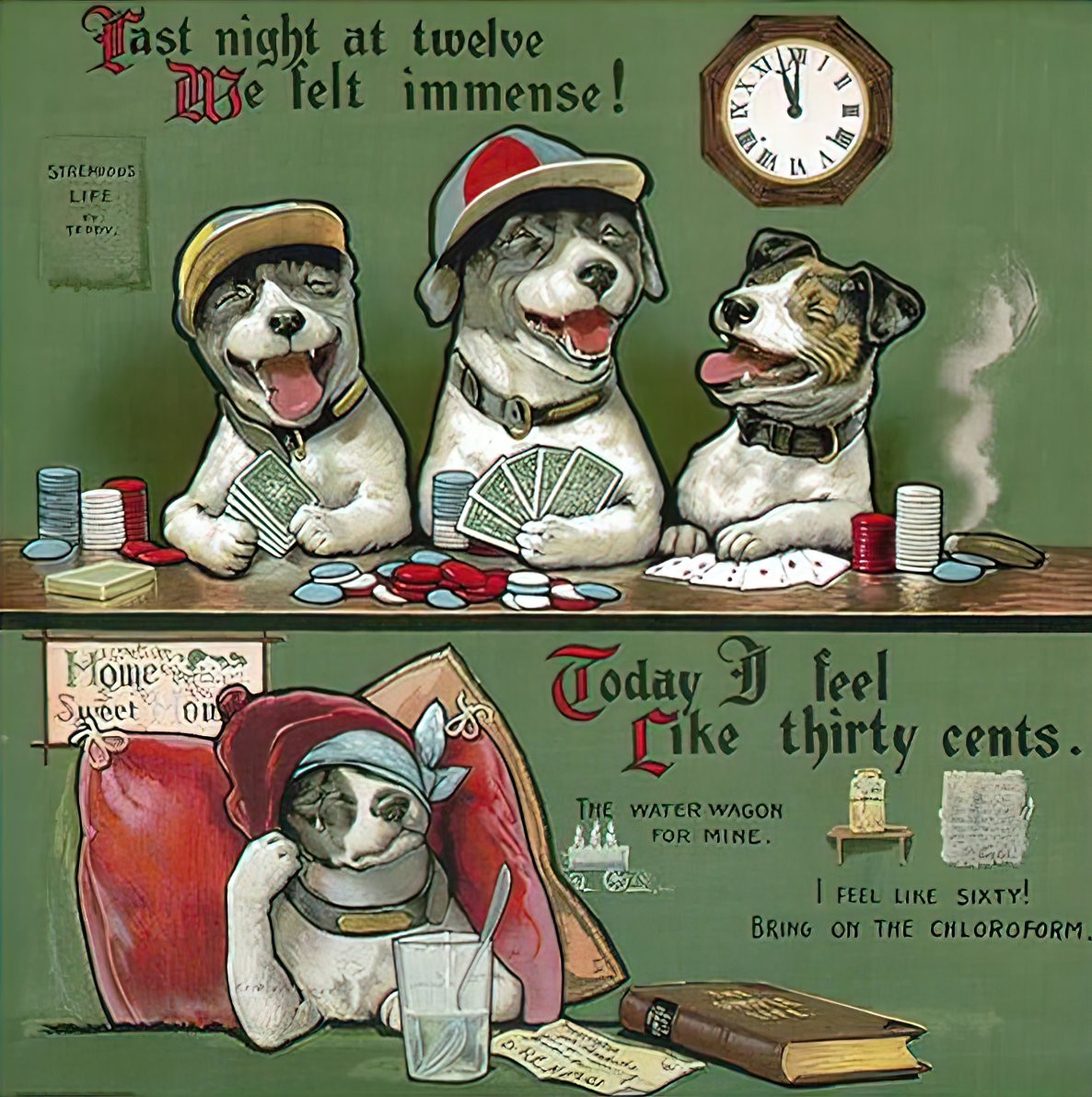
Writing for a young audience has always been fraught, because children are thought to be more highly impressionable than adults. Tobacco, junk food, bad behaviour that goes without punishment… any and all of these things in children’s literature can be enough to stop the story finding a wide audience. How to open a Korean fairy […]
-
Naturalistic Animal Behaviour and Picturebooks
This week our local agricultural group sent an email containing the following information: Warning: Fox Attacks on Chickens. In the last few days, 9 chickens have been killed by foxes in Centre St and Daffodil St at 3 properties between 3am and 4am. The fox is able to climb fences 6m in height. Sid Drumstick lost his entire flock in one night. Chicken owners […]
-
Mothers In Children’s Literature
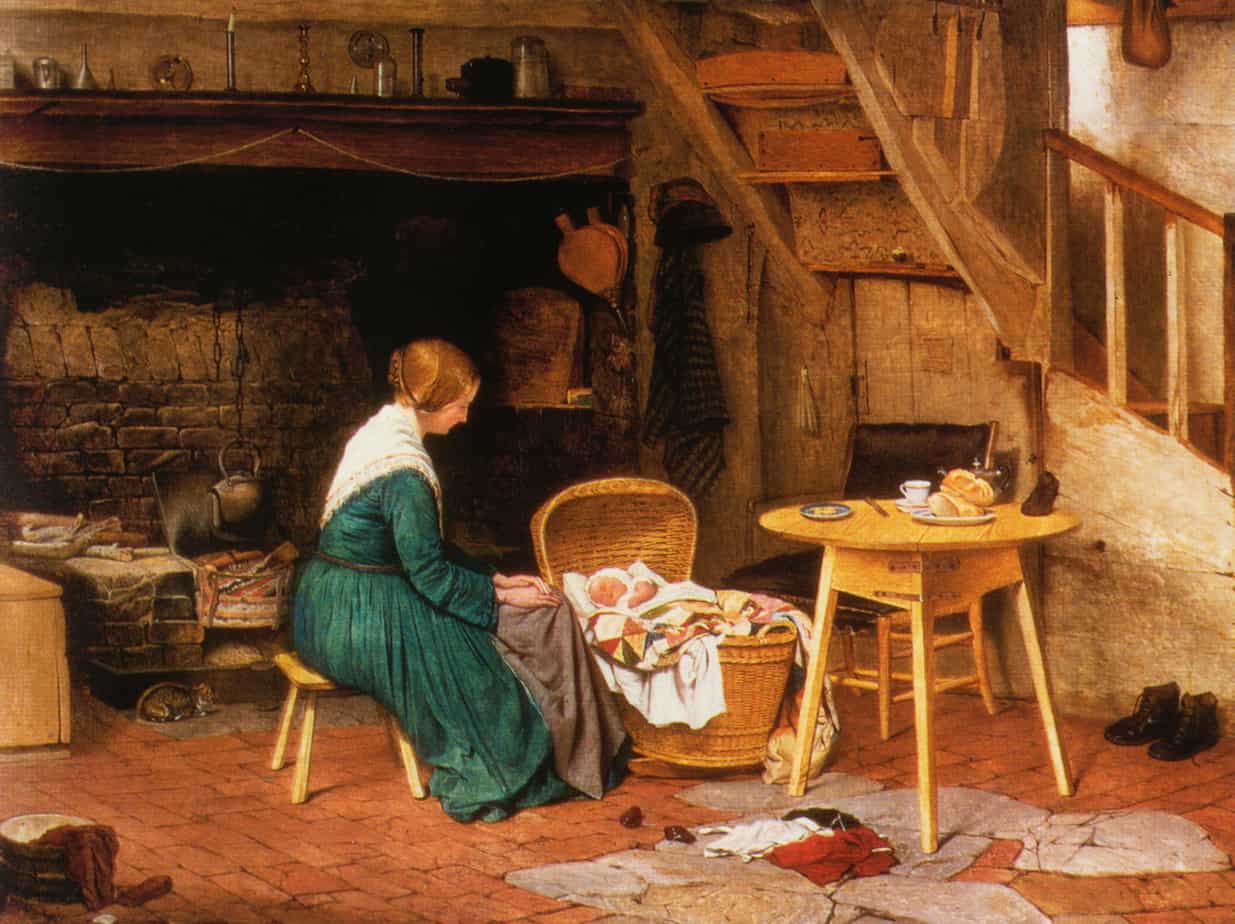
Mothers are either held up as paragons of selflessness, or they’re discounted and parodied. We often don’t see them in all their complexity. Novelist Edan Lepucki contemplates motherhood Mothers in fairy tales have a way of being absent, typically through untimely deaths (think Cinderella, Snow White or Beauty and the Beast) or thanks to storylines […]
-
Sex In Stories For Teenagers
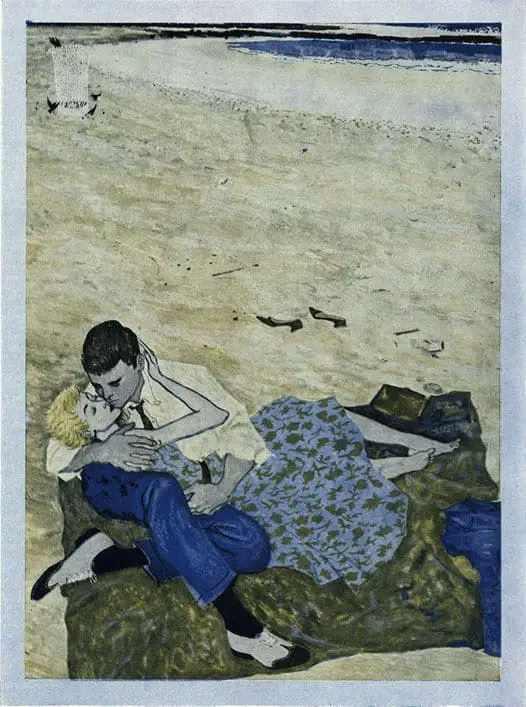
In October 2023 a study came out called Teens and Screams. It garnered much attention. The prevalence of ‘sl*ts’ and ‘wh*res’ in young adult literature and schoolyard banter is enough to make a feminist mother weep. Our daughters learn early the same sexually oppressive messages that we learnt: that female sexuality is a prize to […]
-
Ideology In Children’s Literature
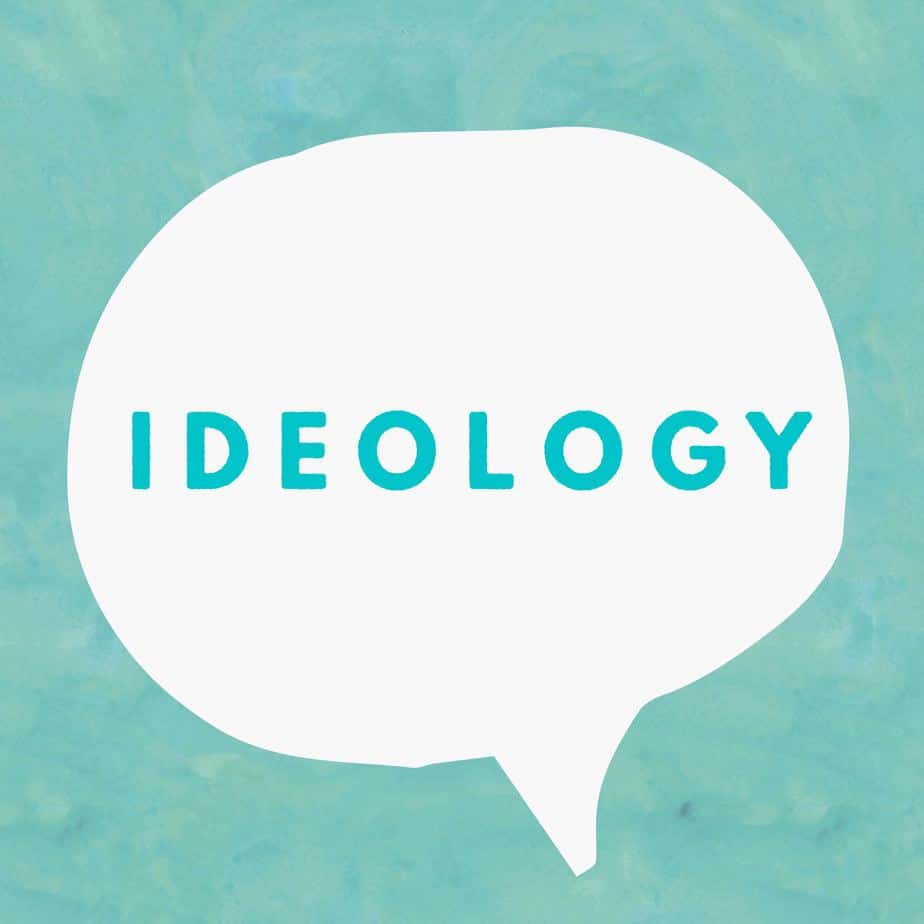
Every novel, every painting, every work of art with meaning contains an ideology. Every line of serious work that I have written since 1936 has been written, directly or indirectly, against totalitarianism and for democratic socialism, as I understand it. It seems to me nonsense, in a period like our own, to think one can avoid writing of such […]
-
Non-fiction For Children
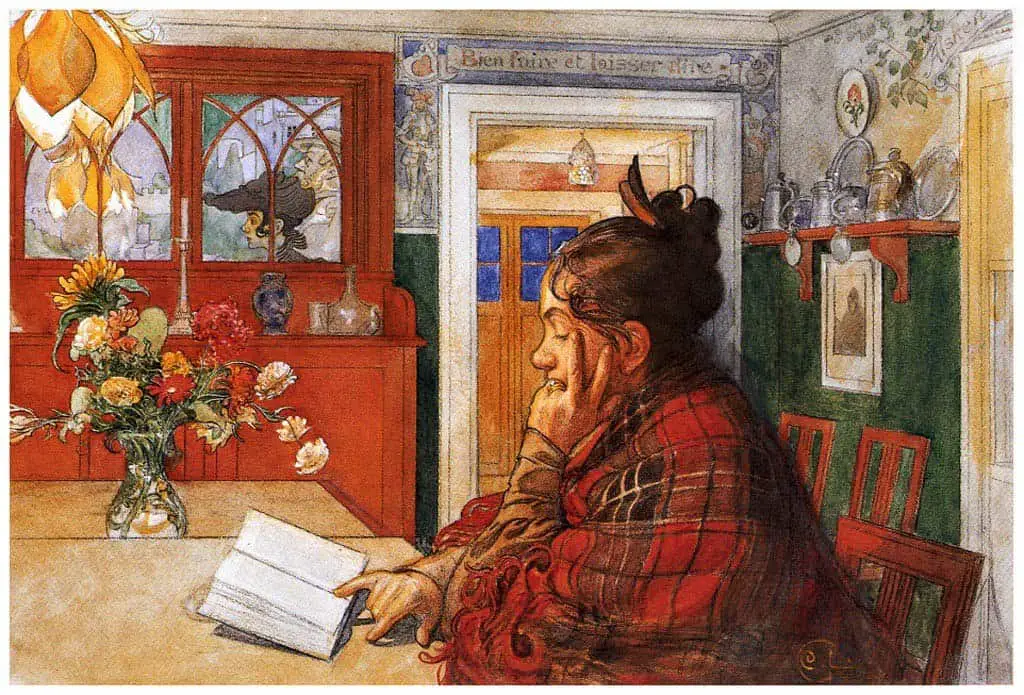
These are notes from the Kid You Not Podcast, Episode 8, plus extra Non-fiction is the only genre(?) in children’s fiction which is defined by what it is not rather than what it is. It’s implied that non-fiction will deliver some kind of fact. Non-fiction is often considered to be ‘educational’ but includes: joke books cook […]
-
Religion In Children’s Literature
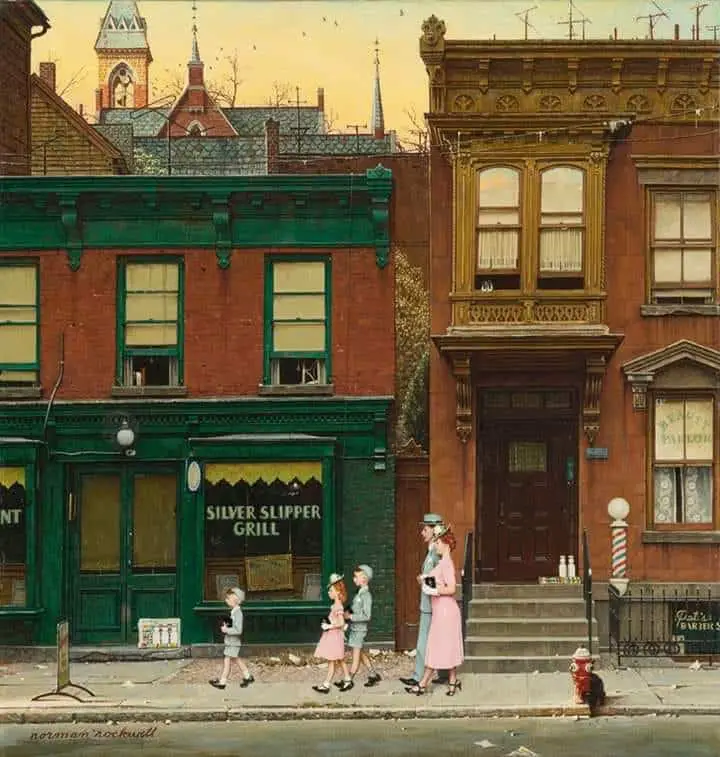
Religion is still everywhere. So, reflecting and influencing the culture in which we find them, children’s books are not secular either. It’s interesting to interrogate the role of religion in children’s literature because children’s literature is an acculturating medium: It will introduce children to social life and history so is both educational and enjoyable. Many […]
-
Compare and Contrast: Twilight and Pride and Prejudice
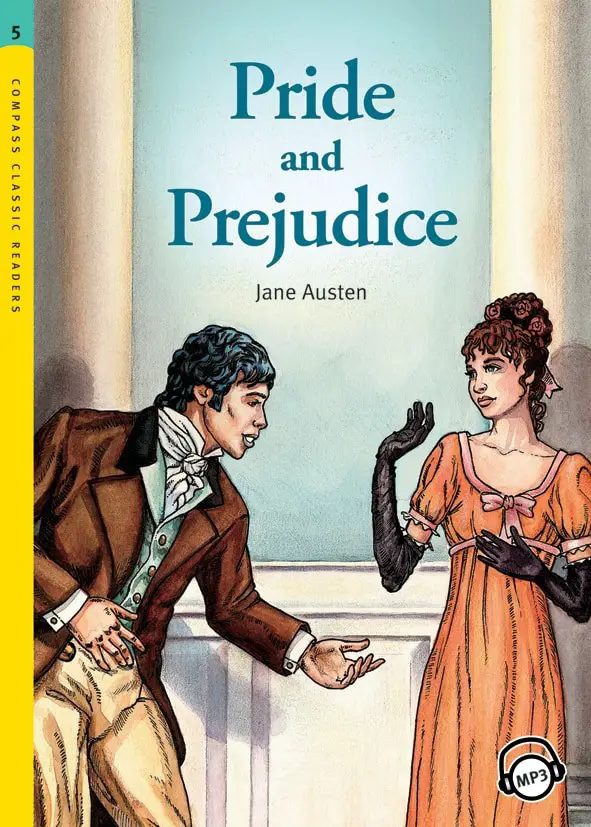
Is Twilight the modern Pride and Prejudice? There are some interesting parallels. I listened to a lecture from the Kid You Not Podcast in which Clementine and Lauren discuss the appeal of dark paranormal romance among teenage girls. This reminded me of a lecture delivered by La Trobe University’s David Beagley. Fiction For Young Adults, Lecture […]
-
The Appeal Of Dark Paranormal Romance
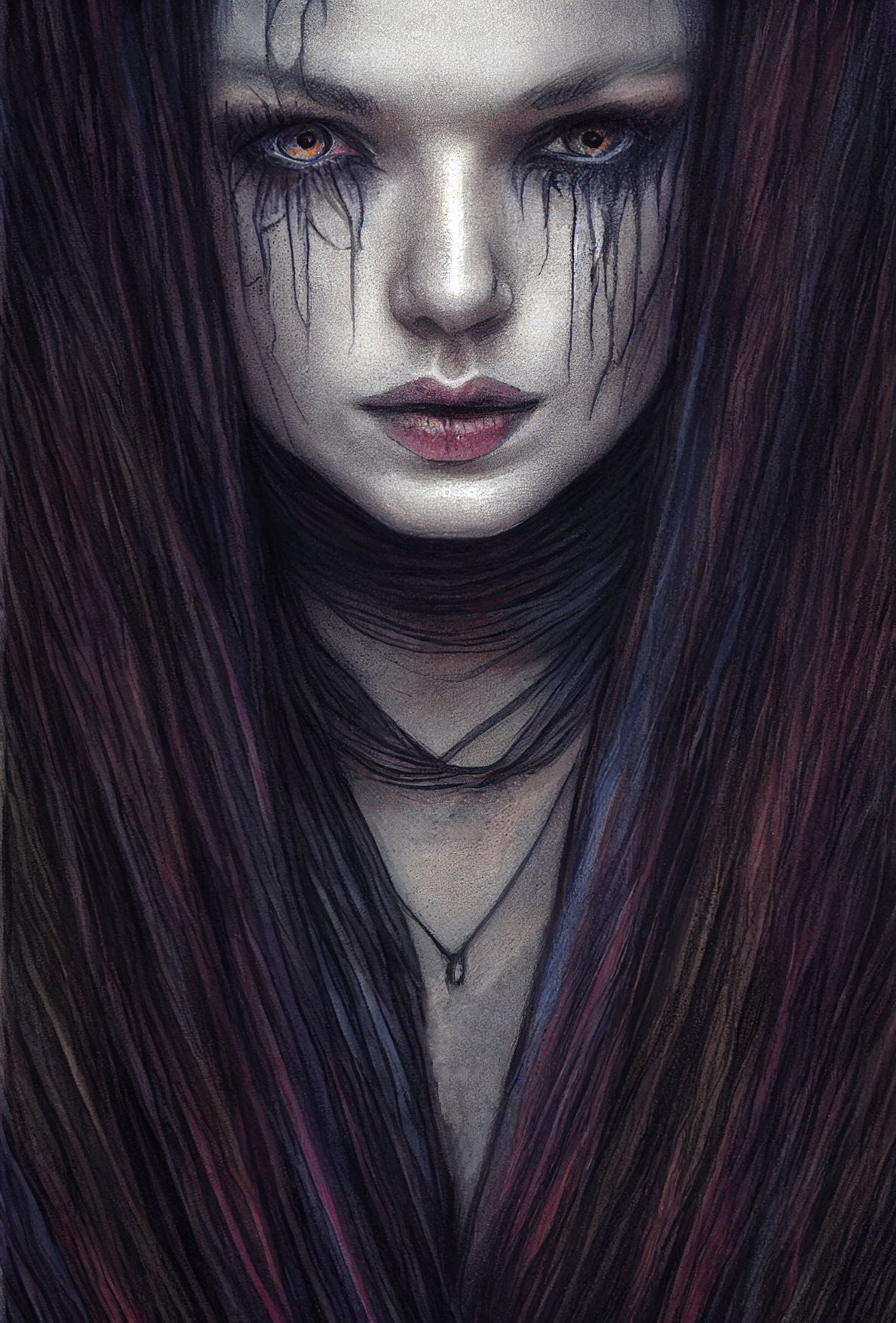
Paranormal romance is a literary subgenre of the romance novel. A type of speculative fiction, paranormal romance focuses on romance and includes elements beyond the range of scientific explanation.
-
Death In Children’s Literature
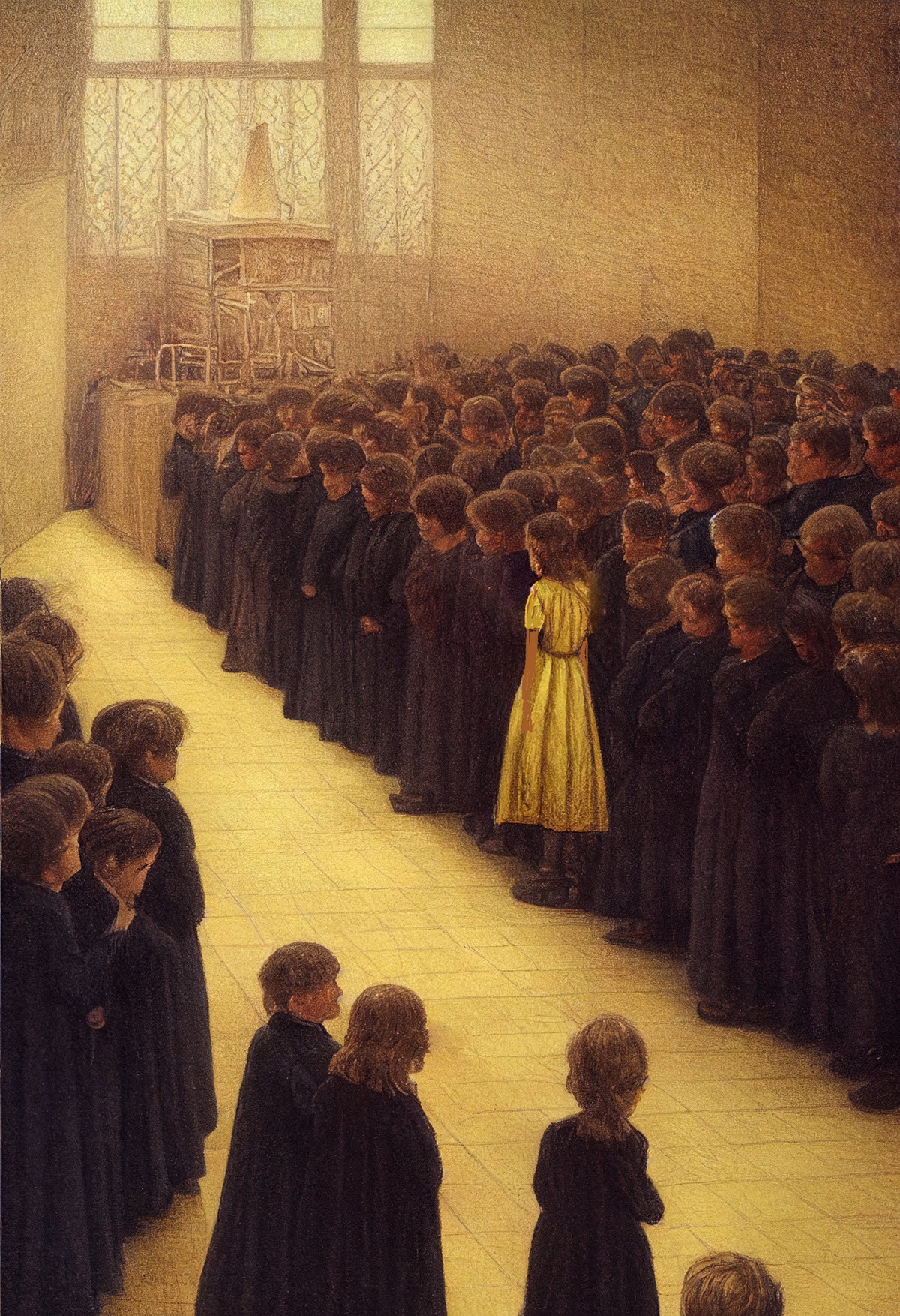
Many people will probably tell you their first brush with death was watching Bambi. I can’t say the same because I never saw the animated Disney film. I thought I knew the story for the longest time, because my grandmother bought me a Little Golden Book called Bambi and Friends Of The Forest. I still […]
-
The Problem Novel and Bibliotherapy

“The Problem Novel” is a dismissive term for a realistic young adult story which focuses solely on the worst aspects of life: murder, eating disorder, discrimination, imprisonment, rape, drug abuse and similar. The following draws heavily from Lecture 03 of Fiction For Young Adults, delivered by Prof David Beagley at La Trobe University. Lectures are […]